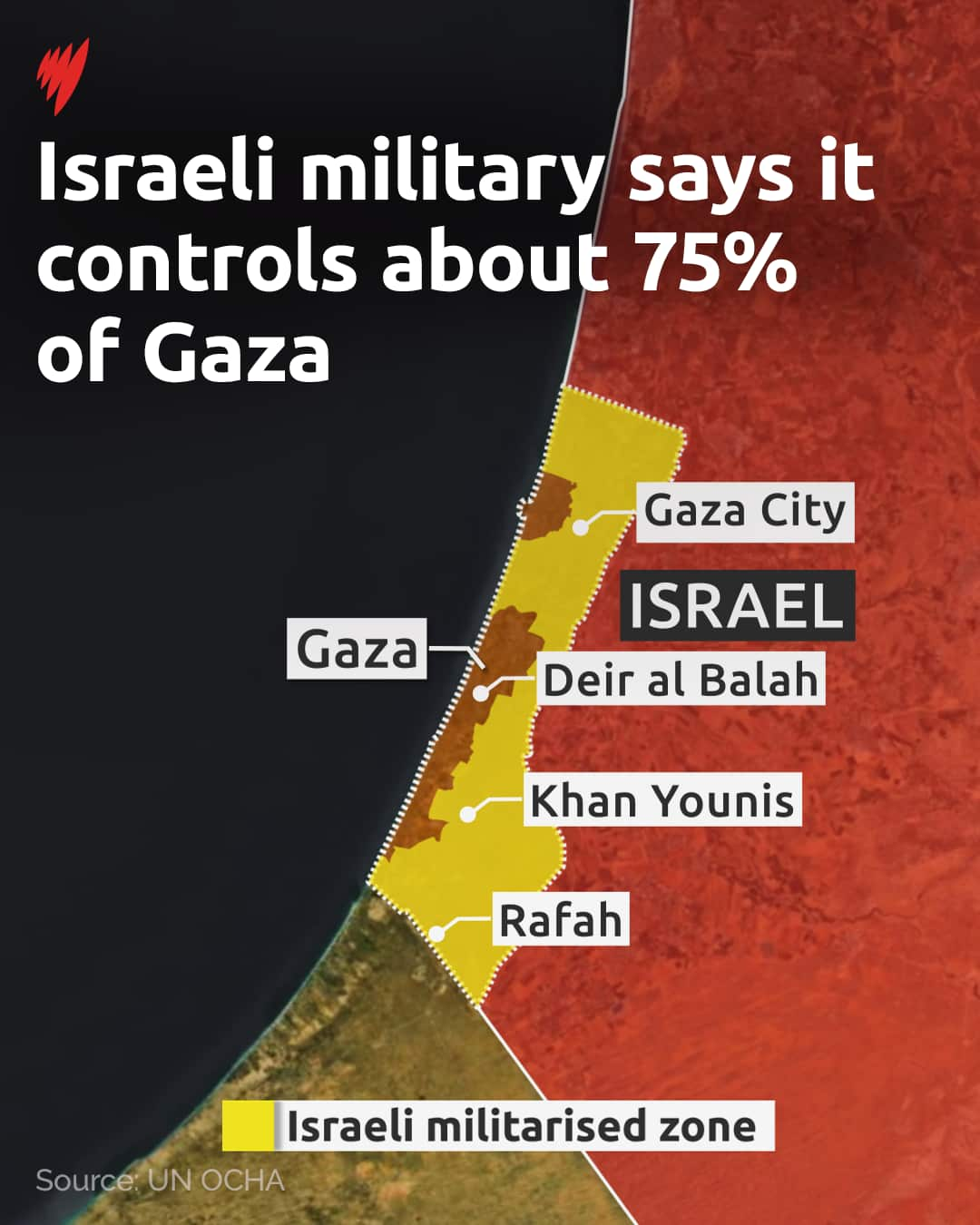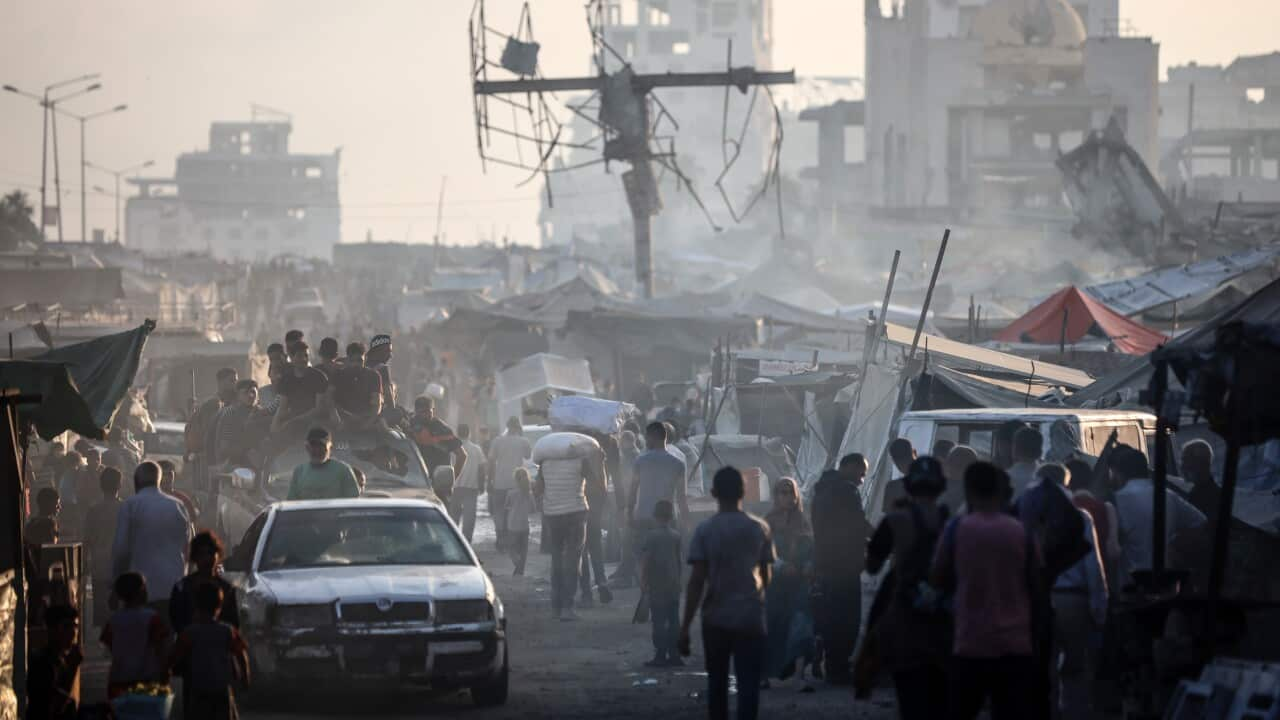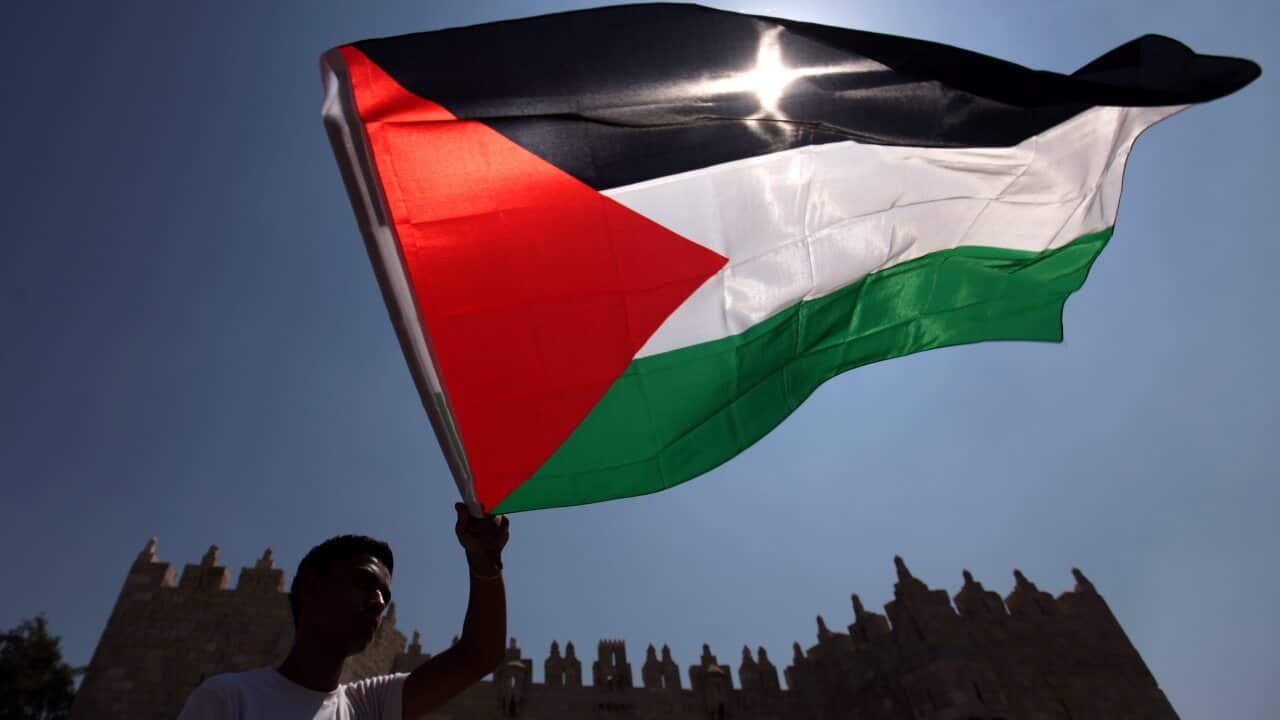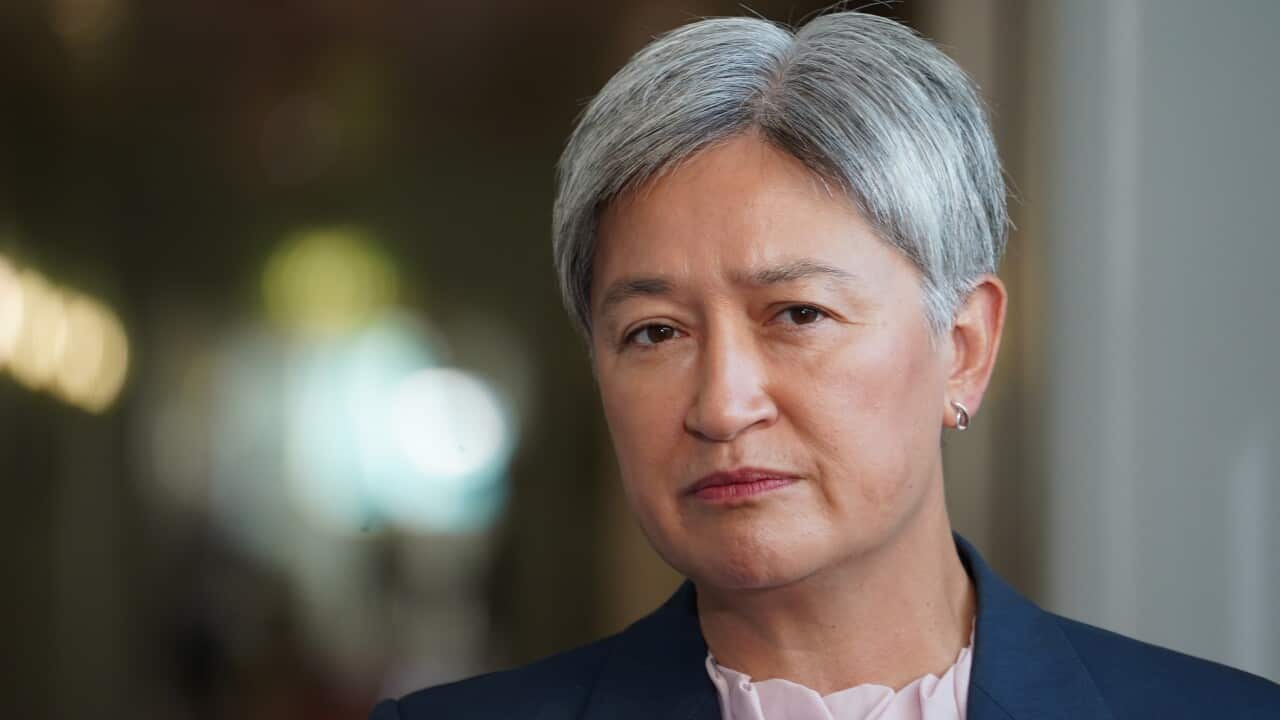Israel has announced its plan to seize control of Gaza City — a move that has raised questions about the fate of Gaza and its people.
The controversial plan, which has faced opposition both from inside and outside Israel, was approved by Israel's security cabinet on Friday.
Following the proposal that outlines principles for "concluding the war", the office of Israeli Prime Minister Benjamin Netanyahu said the army will "prepare" to take over Gaza City.
Here is what we know, and don't know, about Israel's new plan.
What exactly has the security cabinet approved?
Under the newly approved plan to "defeat" Hamas, the Israeli army "will prepare to take control of Gaza City while distributing humanitarian assistance to the civilian population outside combat zones", Netanyahu's office said in a statement on Friday.
- Disarming Hamas
- The return of all hostages, both living and dead
- Demilitarisation of the Gaza Strip
- Israeli security control over the Gaza Strip
- The establishment of an alternative civil administration that is neither Hamas nor the Palestinian Authority
The plan triggered swift criticism from across the globe, with Australia, China, Turkey, Britain and numerous Arab governments issuing statements of concern.
Hamas, the militant group responsible for the deadly attack on Israel in 2023 that sparked the war, labelled Israel's intentions to seize Gaza City as a "new war crime", accusing the Israeli government of "ethnic cleansing".
Out of 251 hostages captured during Hamas's 2023 attack, 49 are still being held in Gaza, including 27 the military says are dead.
Why Gaza City?
Previously, Netanyahu said Israel planned to take control of all of Gaza, but the new plan only specified control of Gaza City.
There was no official explanation for why the focus had changed to Gaza City.
Holding full control of the territory would reverse Israel’s 2005 decision to withdraw its citizens and soldiers from Gaza, while still keeping authority over the borders, airspace, and utilities.
Local media have reported that IDF Chief of Staff Eyal Zamir and other military officials had raised concerns about the full occupation of Gaza. Israel's Channel 12 reported Zamir saying this would "drag Israel into a black hole" during a closed-door meeting.
Zamir reportedly suggested alternatives like encircling specific areas where Hamas militants are believed to be located.

Most of the 2 million Palestinians currently seeking shelter are in Gaza City, Deir al-Balah, and the displacement camps in the Muwasi area along the coast. Source: SBS News
With evacuations ongoing since the start of the conflict, there are no official details about its current population, but Israeli media estimates the population to be about 900,000.
What do we know about the planned operation?
During the potential operation in Gaza City, the civilian population would be further displaced to the southern Strip, according to a report by the Times of Israel.
Amir Avivi, a retired Israeli brigadier general, has called Gaza City "the heart of Gaza," saying its fall "is pretty much the fall of Hamas".
There are no details about when and how the Israeli military will implement the plan in Gaza City, but multiple local media, including the Kan public broadcaster, have previously reported that the plan will last four to five months in several stages.
CNN reported that the first phase will include the evacuation of Gaza City, and it is expected to end on 7 October, the second anniversary of the Hamas attack on Israel, which killed more than 1,200 people.
Who will run Gaza?
The fifth principle Israel's security cabinet announced is "establishment of an alternative civil administration that is neither Hamas nor the Palestinian Authority".
The militant group Hamas has been in power in Gaza since 2007, while the Palestinian Authority, which is recognised by some countries, has governed parts of the occupied West Bank since the mid 90s.
The Israeli government did not provide any further details about who should replace these two.
Netanyahu has previously said that Israel has no intention to "govern" Gaza, and they "don't want to keep it".
"We want to have a security perimeter ... We want to hand it over to Arab forces that will govern it properly without threatening us and giving Gazans a good life," he told Fox News on Friday.
He did not offer any additional details about which "Arab forces" might govern Gaza, and so far, none of the Arab countries have agreed to take the lead.
Egypt, Saudi Arabia, Kuwait, the United Arab Emirates and Jordan have all denounced Israel's new plan.
In July, France and Saudi Arabia outlined steps toward a two-state solution to the Israeli-Palestinian conflict, which involved Hamas handing over its arms to the Palestinian Authority.
The decision was endorsed by Qatar and Egypt, but Hamas has said it won't disarm unless an "independent, fully sovereign Palestinian state with Jerusalem as its capital" is established.
Israel has bombarded Gaza since Hamas' October 7 attack in 2023, in which more than 1,200 people, including an estimated 30 children, were killed and over 200 hostages taken, according to the Israeli government. More than 60,430 people have been killed in Gaza since October 7, according to the health ministry in Gaza.
The October 7 attack was a significant escalation in the long-standing conflict between Israel and Hamas.
Israel has denied that the population in Gaza is facing, or succumbing to, starvation.




